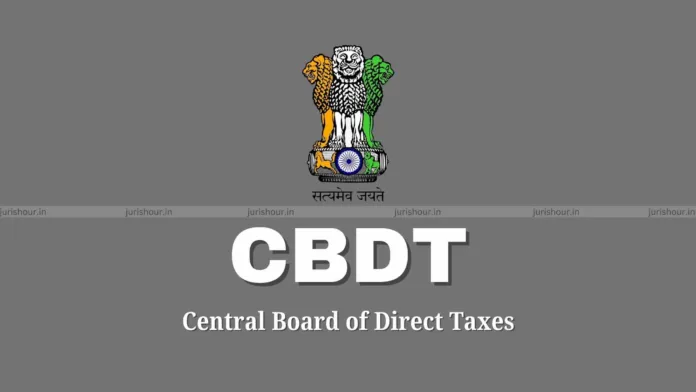The Central Board of Direct Taxes (CBDT) has issued a fresh set of Frequently Asked Questions (FAQs) to provide clarity on its revised guidelines for the compounding of offences under the Income Tax Act, 1961. The revised guidelines, which were introduced on October 17, 2024, aim to streamline the compounding process and make it more accessible to taxpayers seeking relief from prosecution.
The new framework eliminates the earlier categorization of offences, removes the restriction on the number of times a compounding application can be filed, and permits the compounding of offences under Sections 275A and 276B. Additionally, the previous 36-month time limit for filing a compounding application has been removed.
Key Clarifications Issued by CBDT
- Compounding Not an Admission of Guilt: The FAQs clarify that opting for compounding does not amount to an admission of guilt by the applicant.
- All Offences Now Compoundable: Unlike the earlier regime, which made certain offences ineligible for compounding, the revised guidelines now allow all offences under the Income Tax Act to be compounded.
- Flexible Application Process: Applications can now be filed at any time, even after prosecution proceedings have begun. Pending applications filed under earlier guidelines will also be considered under the new framework without requiring a fresh submission.
- Multiple Applications Allowed: There is no limit to the number of times an individual or entity can file a compounding application. However, habitual offenders may face rejection.
- Compounding for Convicted Persons: Even individuals convicted and sentenced to imprisonment for two years or more are eligible to apply for compounding, subject to the approval of the CBDT Chairman.
- Relief for Taxpayers Under IBC: Companies undergoing insolvency proceedings under the Insolvency and Bankruptcy Code (IBC) will still be subject to compounding conditions, depending on the stage of the resolution process.
Simplified Fee Structure and Payment Process
The FAQs also clarify the revised compounding charges, which will now be determined based on the sequence of applications filed. Additionally, interest or additional penalties on delayed payments of compounding charges have been removed. Applicants can now make payments directly through the Income Tax Department’s e-filing portal.
Implications for Taxpayers and Businesses
Experts believe that these changes will encourage more taxpayers to resolve outstanding offences by opting for compounding, thus reducing litigation and court proceedings. “By removing procedural roadblocks and making the process more inclusive, the CBDT is signaling a taxpayer-friendly approach,” said a senior tax consultant.
With these revisions, the CBDT aims to enhance compliance while ensuring that taxpayers are given adequate opportunities to rectify their mistakes without facing severe legal consequences.
Circular Details
Circular No. 04/2025
Date: 17/03/2025
Read More: Certificate of Origin Under Customs Act Replaced By ‘Proof of Origin’



![Why Govt. Issues Rs. 100 Coin? [READ NOTIFICATION] Why Govt. Issues Rs. 100 Coin? [READ NOTIFICATION]](https://www.jurishour.in/wp-content/uploads/2025/04/100-coin-218x150.webp)

